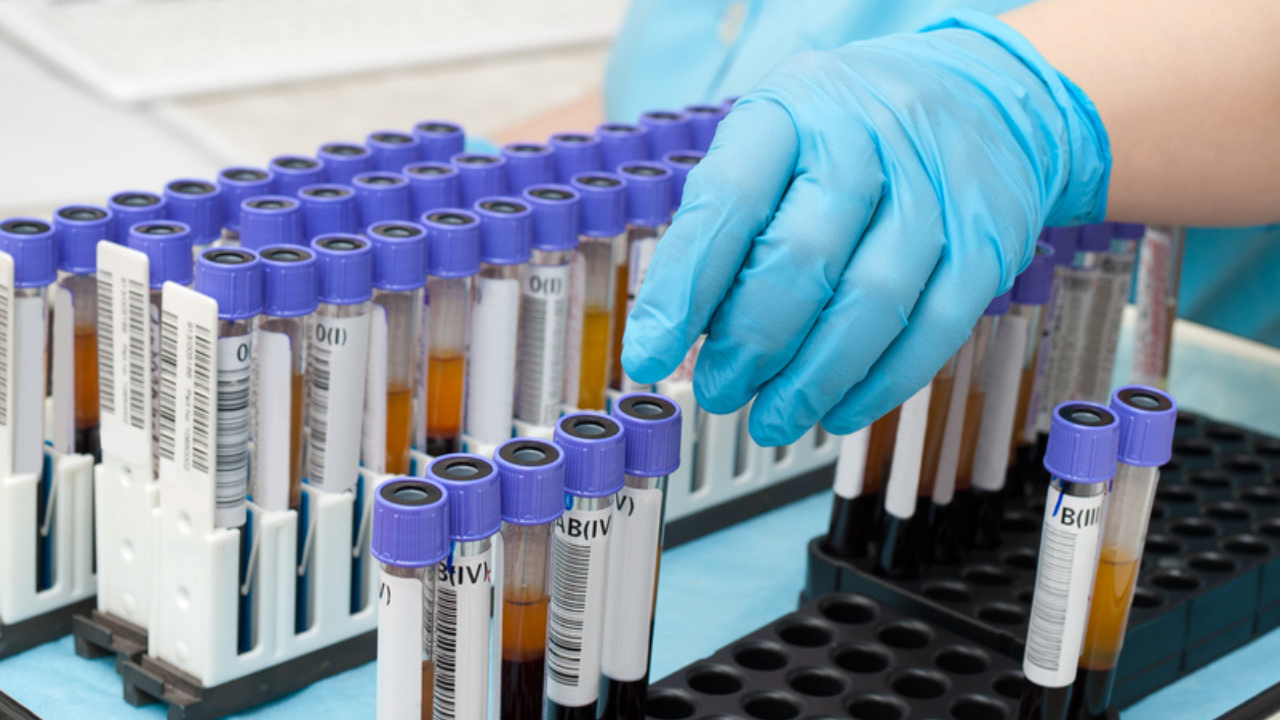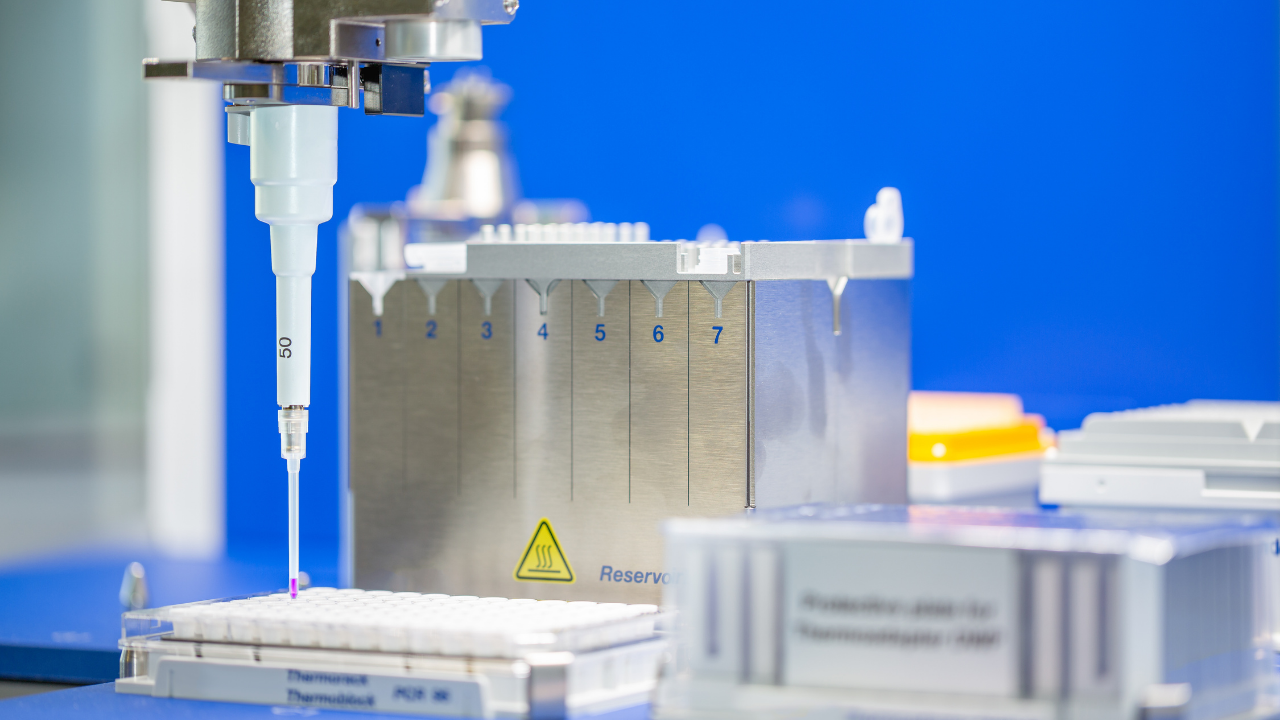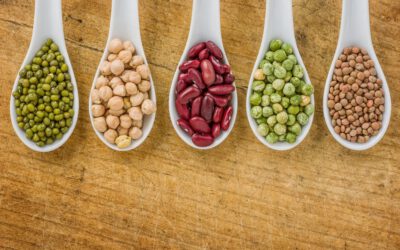Welcome to CONGEN
Since its founding in 1998, CONGEN Biotechnologie GmbH has been an innovative Berlin biotechnology company in the field of molecular DNA and RNA analysis. Our core competency is the development and application of real-time PCR methods for food- and water analyses, clinical and point-of-care diagnostics as well as personalised medicine in the context of companion diagnostics. Each detection method is developed by us in house and validated in respect of the requirements of standards, customers and/or the market.
Our products are marketed worldwide by us and our distribution partner R-Biopharm under the brand names SureFood®, SureFast®, RIDA®GENE and RIDA®PRECISION, which can be used on all common real-time PCR devices.
“Small enough to be flexible and fast,
big enough to meet every customer requirement.”
Leading in the development of real-time PCR-based detection methods
Development of user-friendly solutions for your analytical problem
Specialist in the design, validation and commercialization of multi-complex applications
Highest quality standards according to international regulations
News – Congen Biotechnologie GmbH
Listeria in food: Why rapid and accurate detection is so important
Listeria monocytogenes is one of the most dangerous bacteria that can be found in food. This pathogen is mainly found in raw, undercooked, or improperly stored foods such as meat, fish, dairy products…
Legumes – nature’s versatile power plants
With around 20,000 described species, legumes are one of the largest and most ecologically significant plant families. They are among the most ancient cultivated plants worldwide and represent the third largest plant family, following orchids and composite flowers. Legumes are a member of the Fabaceae…
Detection of enteropathogenic E. coli variants EHEC and EPEC
Since the 1920s, the relevance of the bacterium Escherichia coli (E. coli) as a cause of infections has been recognised. In the following years, E. coli was increasingly identified as a trigger of gastrointestinal diseases.











